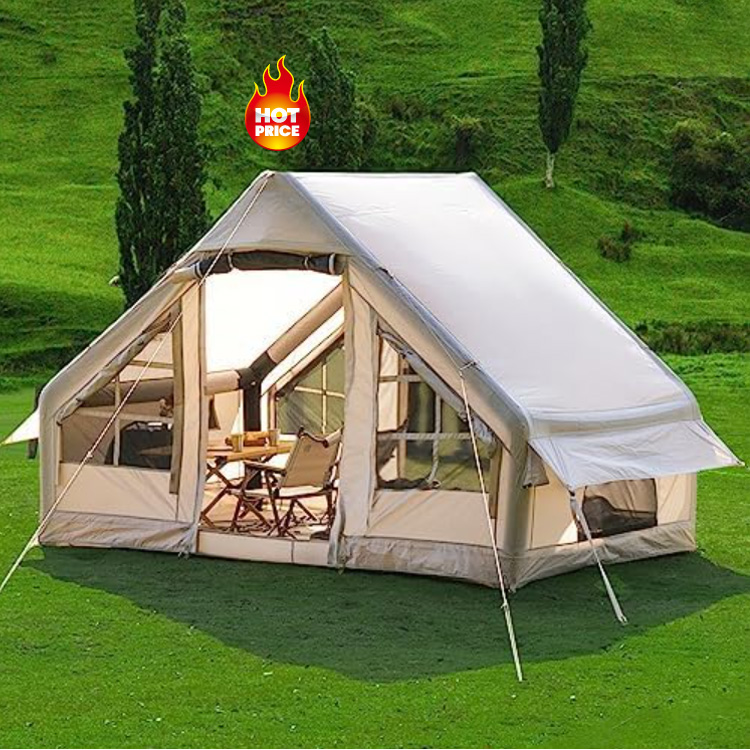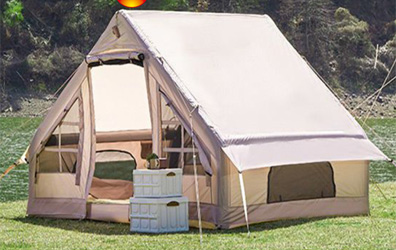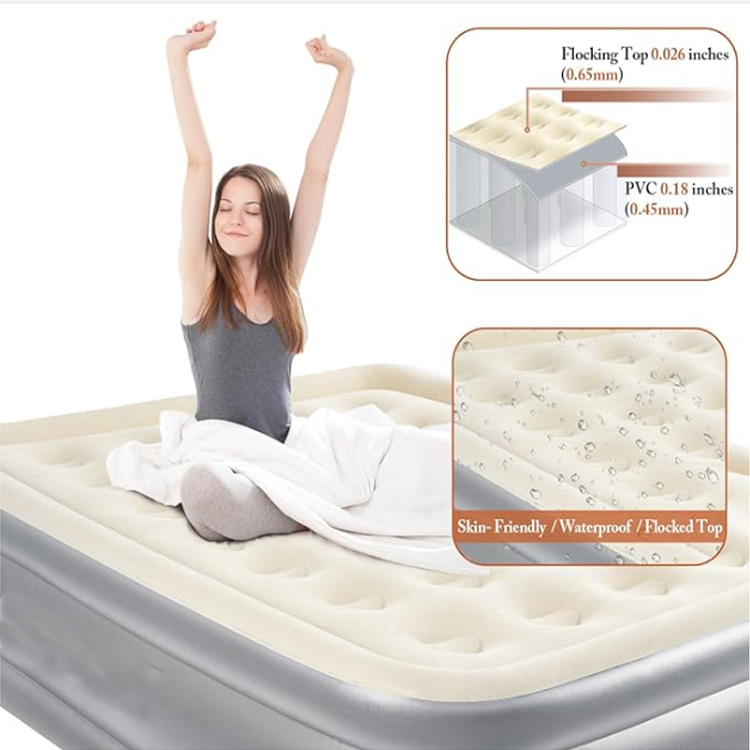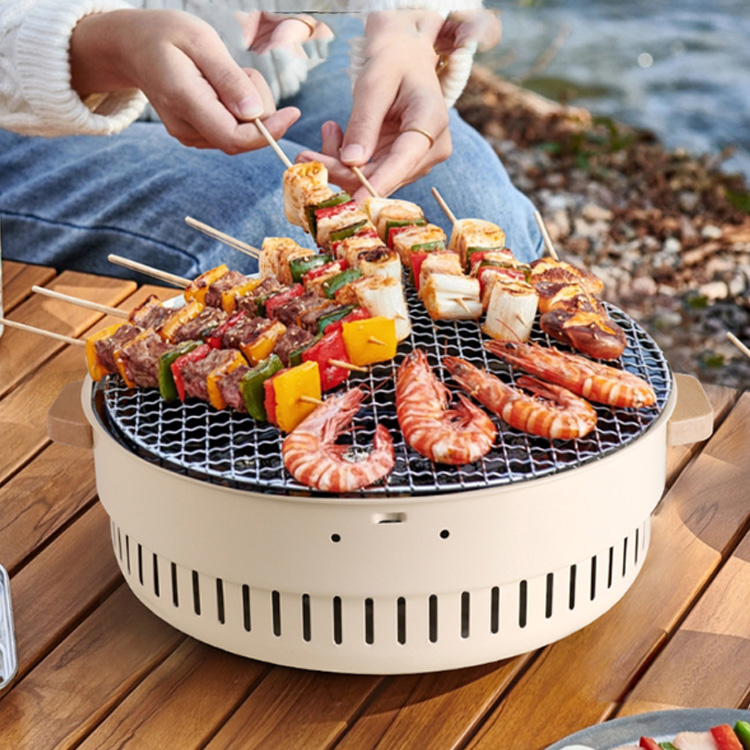News
10 year camping veteran, shares 9 very useful camping tips!
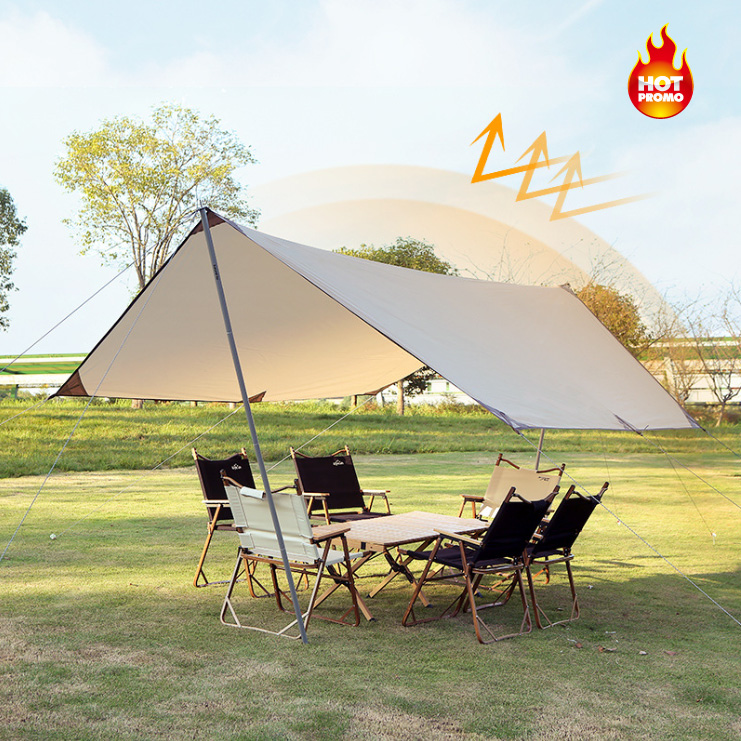
Camping in the embrace of nature is very different from sleeping comfortably in a hotel room. Outside, you can hear the chorus of cicadas and the croons of frogs, the occasional bird singing in the treetops overhead, and even the sound of mice running through the parched grass if you listen carefully. This kind of experience of being close to nature is a quiet and wild interest that is hard to find in urban life.
It was this direct contact with the natural world that made me fall in love with camping. With only a thin layer of tent canvas separating you from the surrounding plants and animals, such a night is undoubtedly the most direct stimulation to the senses.
I understand that not everyone will enjoy camping, but I think everyone should try it at least once. If you are trying camping for the first time, then preparation is especially important.
1. How to go camping?
For your first camping trip, I suggest you find a campsite with a similar standard of accommodation to your usual travel, so you won't feel too uncomfortable.
Are you usually an all-inclusive hotel person? Then pay a little more and choose a campsite with a separate bathroom and an on-site restaurant, so you can also eat at the restaurant. There are now some "glamping" options where you don't have to pitch your own tent and can sleep in a real bed in a large tent. It's still camping, but much more comfortable.
You're a backpacker. Main hotel? Then you can choose basic camping and may not care too much about poor sanitation. Just remember to bring your own (waterproof) tent, or rent one on site.
The problem of how to sleep can range from simply laying a mat in nature and isolating yourself with only a sleeping bag, to using a small or large tent or, my favorite, a car roof tent for road trips.
Roof tents can be easily installed on the roof of your car and quickly opened when needed. In the pickup truck, we were able to set up our sleeping area in less than two minutes, and we loved it.
The advantage of a roof tent is that you can sleep higher, so camping in the wild can be safer if you encounter wildlife threats.
Find the camp sleep style that works for you. There are so many options.
2. How to choose a camping site
Now that you know how you want to spend the night, you need to decide where to go. To find the ideal location, you have to ask yourself what you like.
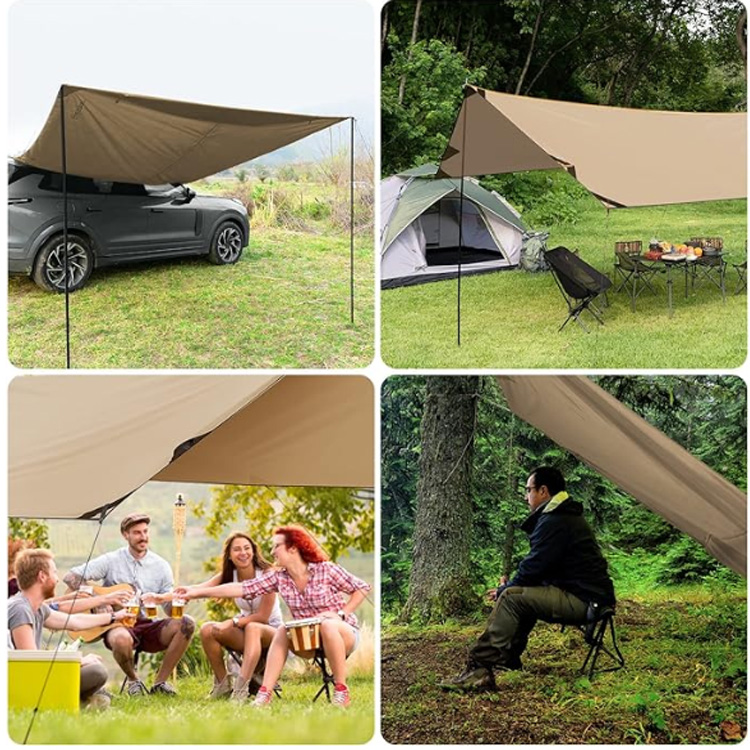
Do you prefer forests, lakes, mountains or beaches? Or would you rather camp in an urban area? Don't get me wrong, there are plenty of campsites in the city. It's not really my thing, but I've stayed in urban campsites before, mostly for convenience.
I personally enjoy water activities and usually look for campsites or campsites near the water. But that depends on what you like.
It's also important to keep in mind that in the summer there may be swarms of mosquitoes at the water's edge. That has to be taken account.
3. Prepare for the weather
This problem is easier to deal with when traveling short distances, and you can check the weather forecast to see what the weather will be like the following weekend. But then again, I know weather forecasts aren't as accurate these days as they used to be because of the weather changes we're experiencing, so always be prepared for the worst.
The question is whether you travel during the rainy season. Do you expect rain during the camping days? Will it be cold or hot?
You need protection from the rain and a place where you can dry your clothes, cook and move around. Do you need extra blankets when it's cold, or a mobile air conditioner on unbearably hot nights?
If you don't sleep well, the camping experience will be terrible. Don't skimp on a mattress and a warm, dry sleeping environment.
4. Where to set up the tent?
Once you get to the campsite, you'll need to decide where to set up your tent (unless you've been assigned a designated camping spot).
Since we only travel in the off-season, there are always plenty of options and deciding where to pitch a tent takes longer than actually setting it up.
Why is that? Because location really matters.
If it's a windy day or night, you need wind protection. Do you want privacy? Make sure your tent door doesn't face your neighbor's breakfast table.
What about shade? This is crucial because we camp most of the time in the summer and the tent gets very hot in the sun.
Are you camping in a place with a great view from your tent window? Do some planning before parking or setting up a tent.
5. Focus on your comfort level
This may sound strange to many, but my camping experience has always been accompanied by a great deal of comfort. Define the level of comfort you need to feel happy and bring that your camping life.
Do you need a chair or a table? Do these facilities exist in the places you visit? Do you need running water or a place to wash your hands? So, pack a pitcher. We have one and like it very much.
Oh, speaking of comfort. I always take my hammock with me when I travel. Always will be. For me, this is the simplest yet highest level of comfort.
6. How to cook?
I've mentioned this before. If camping alone causes you enough stress, there's nothing wrong with going to a restaurant. As long as you can afford it.
If you want to prepare your own meals, think about how you can cook comfortably. Do you love to grill but can only operate a gas grill? Then maybe cooking over an open fire isn't for you.
Don't rely on firewood alone. It is essential to always have a gas stove for rainy days. We used it more than we expected on our last trip. And be prepared to wind your gas stove.
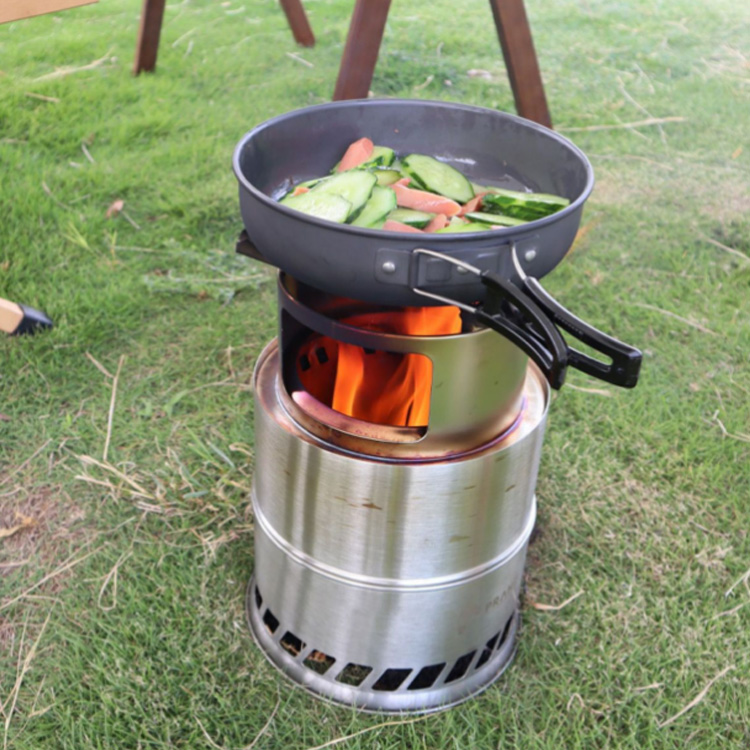
7. Power problems
Again, it depends on where you're camping. If you live in a place that provides electricity, this problem is quickly solved. If not, you need to find out if you need electricity.
If you need to, consider a solar option. A lot of people have solar panels on the roof of their cars, but I'm not a big fan of that. This forces you to park your car in the sun every time you rely on self-generated electricity, but because we travel most of the time in tropical climates, we opted for foldable solar panels with long cables that allow us to move the panels the sun even if the car is parked in the shade.
Sure, having to take the panels out and move them around every time might seem a bit of a hassle, and it might take a little less space in the car, but it's worth it. Along with the solar panels, you also need a converter, preferably a spare second battery, but I won't go the details.
8. Food storage
If you plan to cook your own food, you'll need a way to store it to avoid having to run to the store every day.
For short trips, a cooling box is sufficient. For longer trips, you should consider carrying a refrigerator. Car refrigerators usually have two connection points, one that can be connected to the vehicle's normal 12-volt battery and the other that can be plugged a regular household outlet, allowing you to use solar or car battery power at a campsite.
We have two such car refrigerators, one used as a refrigerator and the other as a freezer. Being able to freeze meat and vegetables allows us to be self-sufficient for up to two weeks or more.
9. Camping ground selection
I won't go too much detail here, but it's important to consider the type of ground you'll be camping on, especially for those who don't like having sand on their feet and then bringing it bed.
If this is a concern for you, consider bringing a tarp or some cloth that can be placed on the outside of the tent to prevent sand or dirt from being brought inside.


